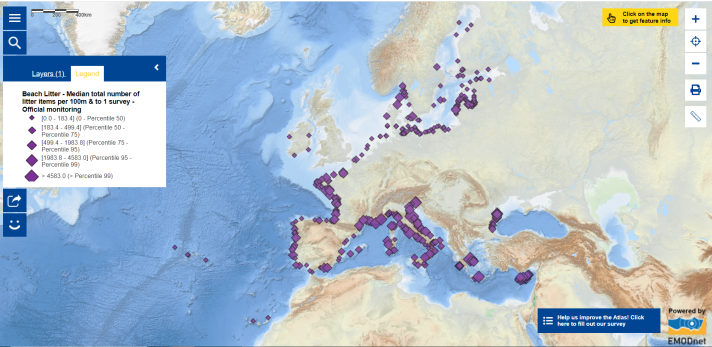This Saturday, 30 March, marks the second annual International Day of Zero Waste, an initiative led by the United Nations Environment Programme (UNEP) and the UN Human Settlements Programme (UN-Habitat). This day highlights the pressing need to strengthen global waste management efforts and advocate for sustainable production and consumption practices. With humanity generating between 2.1 billion and 2.3 billion tonnes of municipal solid waste annually, and 2.7 billion people lacking access to proper waste collection, two billion of whom live in rural areas (1), zero-waste initiatives are crucial for establishing robust waste management systems and minimising waste generation. Embracing principles of prevention, reduction, reuse, and recycling is paramount in combating waste pollution and advancing sustainable development goals.
On the topic of waste reduction and management, did you know that earlier this year, in February, Members of the European Parliament took decisive action against solid waste (2)? Aimed at enhancing environmental protection and human health, while furthering the European Union’s circular economy and zero-pollution goals, the European Parliament endorsed stricter regulations governing waste shipments. These revised rules include prohibitions on the export of plastic waste to non-OECD countries within two and a half years, along with imposing stricter conditions for exports to OECD nations. Additionally, the digitalisation of waste shipment data within the European Union aims to enhance reporting and transparency, while the establishment of an enforcement group aims to deter illegal waste shipments.
Building on the topic of waste reduction and management, let's delve into another pressing issue: marine litter. Generated from various human activities, much of this waste finds its way into the ocean, posing significant threats to marine ecosystems, biodiversity, and ultimately, human health. The map of this week shows the total abundance (number of items) of marine litter per beach per year from Marine Strategy Framework Directive (MSFD) monitoring. Zoom in and click onto the icons to learn about the abundance of beach litter on each beach that has been surveyed. The data have been homogenised and filtered in order to allow comparisons among countries.
Wish to contribute to the global waste reduction initiative?
- Read the European Environment Agency’s page on waste and recycling to find out about key facts and European Union actions in preventing waste and improving waste management.
- Understand plastic pollution, its causes and impacts, so you can act adequately and better inform others.
- Learn about the Call for Collective Action launched by the EU4Ocean Coalition in the framework of the 2024 Challenge of the Year as well as the Spring Call for Young Ocean Advocates on the UN Ocean Decade.
- Apply some ideas for zero waste living in daily life.
The data in this map is provided by EMODnet.
[1] https://www.unep.org/events/un-day/international-day-zero-waste-2024

